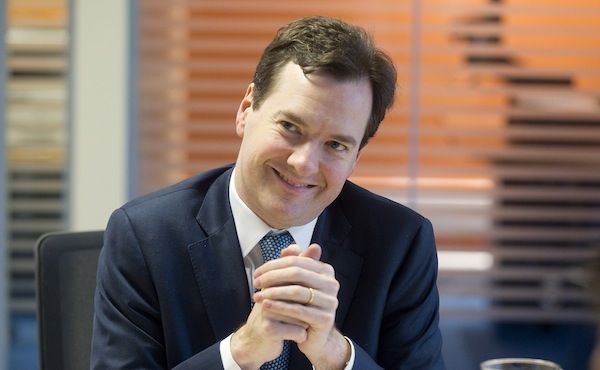What’s next for David Cameron’s tussle with Brussels? The Prime Minister made clear yesterday that ‘we are not paying a sum anything like’ the £1.7 billion demanded by the European Commission last week, and now the focus is on how much he can get the bill reduced by. He will have to pay a bill, but to maintain credibility, the Prime Minister must end up paying something much smaller than the original demand.
Next week George Osborne and other European finance ministers will hold emergency talks on the bill, and today Number 10 set out what the Chancellor plans to say at those talks. A Downing Street spokeswoman said:
‘What we agreed already is the Chancellor and others will be raising with other countries is we need a process to understand how these figures were arrived at and what the methodology is, is it fair? So those are the discussions that we will need to have and the other point is this has all been done on the basis of estimates.’
The spokeswoman said Osborne wanted to understand how the estimates were calculated, including the period the sum relates to. ‘We need to better understand these figures when we are asking for such a large sum of UK taxpayers’ money,’ she added.
What this could mean in practice is that Osborne is able to quibble some of those estimates and secure some reductions which are then packaged as a victory for the Prime Minister. Those quibbles could include whether all European countries based their calculations on the same things that Britain did, what the exchange rate is, and an insistence that the Commission should apply the Blair rebate to this package, rather than the Thatcher rebate, as the former is much smaller than the latter. They need to add these disputes up into a significant reduction that takes the bill below £1 billion so Cameron can really argue that he’s saving the British taxpayer a significant sum. Whether he’ll meet the £400 million threshold some of his own MPs have set is another matter, though.







Comments